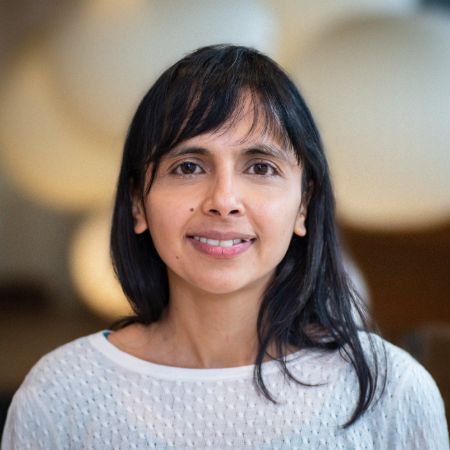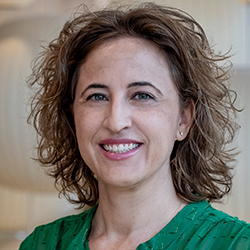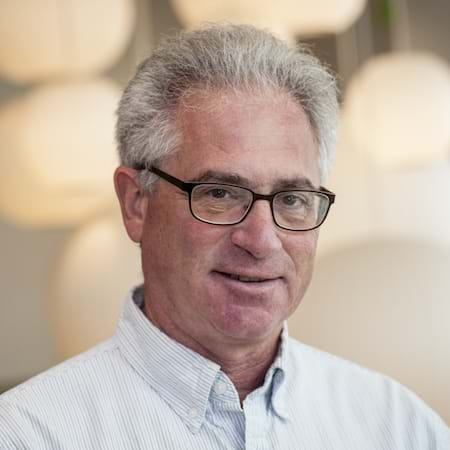ContinuousReleaseApril9
Find a Lab and/or Researcher
Search Results
-
A Murat Maga, PhD, Assistant Professor
-
Aarati V S Rao, MD, Assistant Professor
-

The Acharya lab studies how immune cells integrate signals from pathogens and their environment to produce effective immunity against pathogens while maintaining tolerance to self-derived antigens.
-

Scientists in the Aderem Lab are studying innate responses to HIV, tuberculosis, influenza, and other pathogens that significantly impact global health. Our goal is to define the mechanisms that result in a successful immune response to infection or vaccination and identify targets for therapeutic intervention.
-

The Aitchison Lab focuses on the development and application of systems biology approaches to infectious diseases.
-

The Aldinger Lab uses developmental neuroscience and computational approaches to decipher the mechanisms that cause pediatric neurogenetic disorders and pathologies associated with structural brain changes, cognitive impairment, and epilepsy.
-

The Allenspach Lab focuses on translational work to understand immune dysregulation disorders – those with overlapping immunodeficiency and autoimmune features.
-

The Baertsch Lab investigates how breathing is generated and regulated by the brain. By uncovering fundamental cellular and network mechanisms of respiratory control, we hope to inspire new therapeutic interventions to treat breathing disorders associated with neurological pathology, prematurity, and opioid use.
-

The Beier Lab uses genetic analysis in model systems as a means to understand human biology and disease, and identifies genes that contribute to human disease and developmental abnormalities.
-

The Bennett lab at Seattle Children’s Research Institute investigates the contribution of post-zygotic mutations on human development and birth defects, with a focus on vascular malformations. We also study the impact of rapid diagnostic genomic sequencing in management of children in intensive care units.